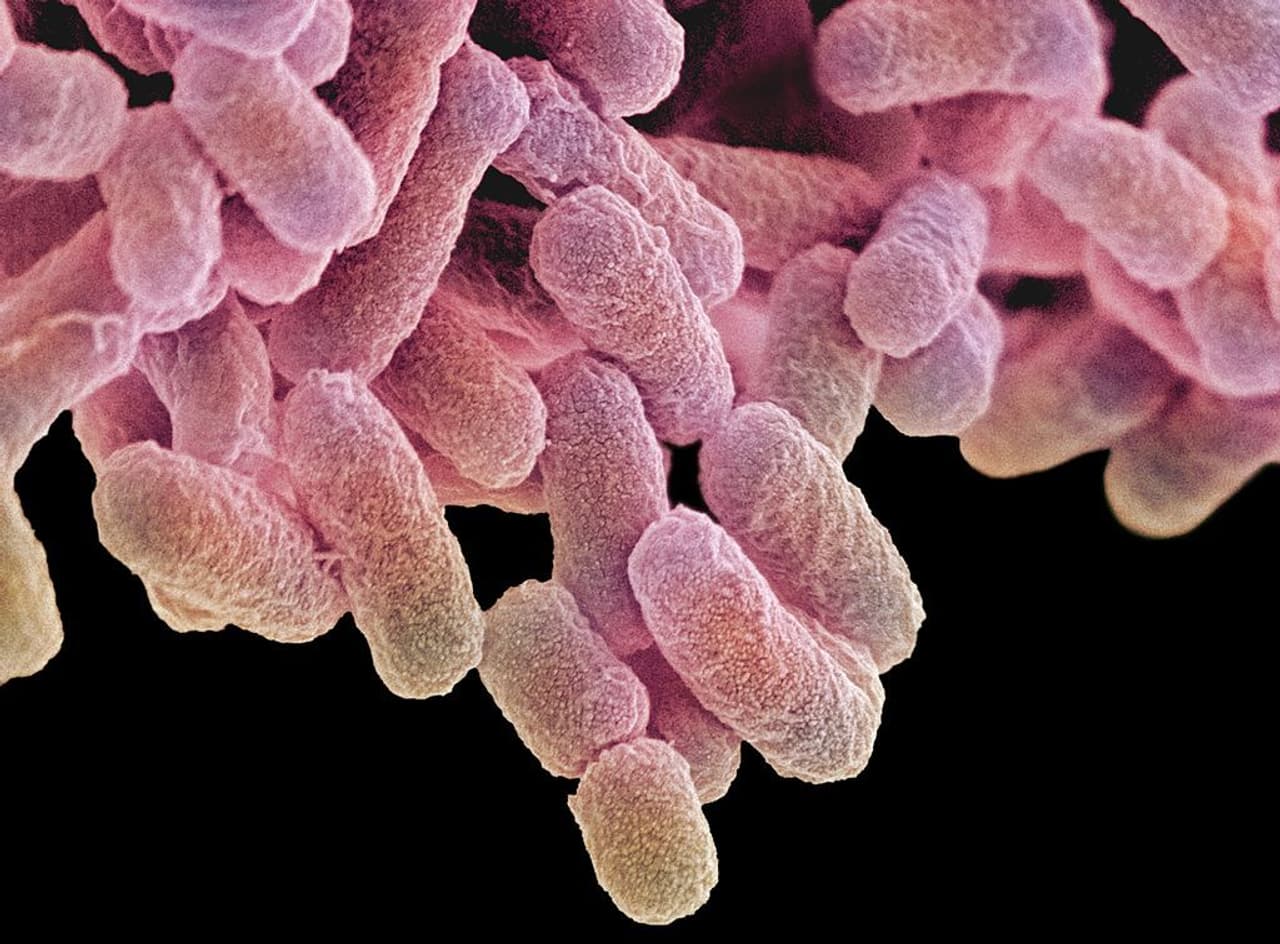
UN agrees landmark declaration to tackle antibiotic resistance crisis
Global leaders will sign an historic declaration later today committing more than £600 million to fight antibiotic resistance – a public health emergency which is predicted to kill more people than cancer by 2050 if left unchecked.
At a United Nations General Assembly in New York, officials from 193 countries pledged to make tackling superbugs a priority. Bacteria which have become resistant to the drugs used to treat them have increased drastically in recent years and already kill an estimated 700,000 people annually around the world – though the real figure could be much higher as there is no system for tracking the infections and deaths.
The crisis has been caused by our overuse of antibiotics in agriculture and human medicine – a topic the Bureau of Investigative Journalism has been researching for more than six months.
Speaking from the summit, Health Secretary Jeremy Hunt described antibiotic resistance as “our biggest global health threat,” warning it threatened to “nullify the progress of over a century of modern medicine”.
England’s chief medical officer, Professor Dame Sally Davies, says superbugs pose “as big a threat as terrorism”.
If antibiotics lose their effectiveness, common infections and medical procedures such as Caesarean sections and joint replacement surgery could become life-threatening, and chemotherapy would not be possible. A major global review by Lord Jim O’Neill published last year warned antibiotic resistance could kill 10 million people annually and cost the global economy $100 trillion a year by 2050 if no action was taken.
Professor Davies said Wednesday’s pledge by world leaders was a culmination of “six years of hard work” during which she has been campaigning on the problem.
Every signatory of the UN declaration will agree to:
- Develop surveillance and regulatory systems on the use and sales of antimicrobial medicines for humans and animals
- Encourage new and innovative ways to develop new antibiotics
- Educate health professionals and raise public awareness on how to prevent drug-resistant infections
The news comes after more than 13 global pharmaceutical companies signed a ‘roadmap’ on Tuesday laying out how they plan to reduce antibiotic resistance.
The companies pledged to reduce the pollution in their supply chains which is a major driver of the problem, and help ensure antibiotics are only used by patients who need them.
The promised action by the UN and drug companies follow the UK government’s publication of its response this month to Lord O’Neill’s report.
It promised to reduce antibiotic prescribing by 50% by 2020, as well as lower the rates of bloodstream infections like resistant pneumonia, Klebisella and E.coli by 50% by 2020.
The government also reiterated a target of reducing antibiotic use in livestock and fish farmed for food to an average of 50mg/kg by 2018 (down from the most recent 2014 figure of 62mg/kg) – and promised to develop sector-specific reduction targets by 2017.
Antibiotics which are of highest critical importance to human medicine – meaning they are the only option, or one of few alternatives, of treating a serious infectious disease in humans – will also be restricted or banned, the response said.
Follow the Bureau’s antibiotic resistance updates on Twitter: @TBIJAntibiotics


